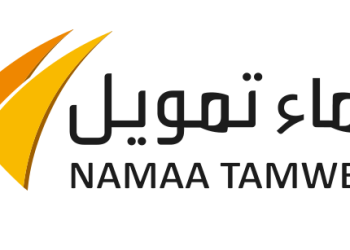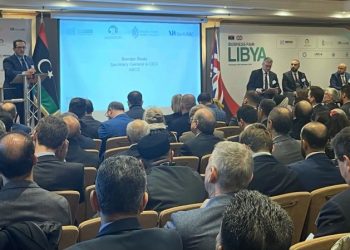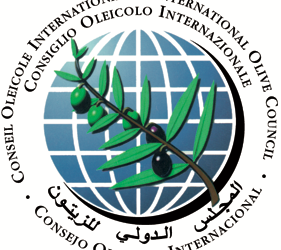By Sami Zaptia.

London, 23 April 2016:
The Tripoli-based Audit Bureau warned of the ‘‘dangerous infringements’’ in the banking system revealing a growth . . .[restrict]in the phenomenon of the misuse of Letters of Credit (LCs) and imports for the purpose of money laundering and foreign currency fraud.
The warning came in state the institution watchdog’s 565 page 2015 Annual Report released last week.
These infringements have contributed to the depletion of the Central Bank of Libya’s (CBL) foreign currency reserves without any beneficial return to the state which could lead to a collapse of the Libyan state.
This will also cause prices and inflation to rise and increase the spread of corruption and reduce the development of the banking system.
The Audit Bureau said bank and customs employees have often been found to be complicit in not checking or questioning documentation and prices of imported goods on pro forma invoices and suspect documentation.
| Port | Containers |
| Tripoli | 118 |
| Misrata | 139 |
| Khoms | 51 |
| Total: | 298 |
Empty containers discovered up to 31/12/2015 – Source Audit Bureau 2015 Annual Report
The Audit Bureau also criticized ports and customs employees for failing to inspect and discover empty containers at ports prior to LCs being released.
It also criticized the CBL and local banks for failing to put in place procedures and systems that would make it more difficult for fraudsters to use the opening of LCs and the importation process for fraudulently obtaining hard currency.
It will be noted that the CBL had introduced new procedures in an effort to counter this. The CBL also complained as it came in for public criticism over the recent years, that it was a financial and monetary institution and not a crime prevention or investigative or combating institution. It pointed out that it has kittle enforcement powers or capabilities.
The Audit Bureau highlighted in its report some companies it had referred to the Public Prosecutor’s Office, including the well-publicized case in 2015 of the substandard rice containers case. The company (Al Hadaiq) had in return for a deposit of LD 5.6 million obtained LCs for a total equivalent of LD 37.5 million.
The Audit Bureau made a number of recommendations to counter LC fraud. However, many were already introduced by the CBL and were seen as prohibitive to doing business and contributing to the shortage of goods in Libya that is contributing to price rises.
Equally, many of the Audit Bureau’s recommendations presume or would require a unified Libyan political system and a strong centralized Libyan state and institutions. [/restrict]










